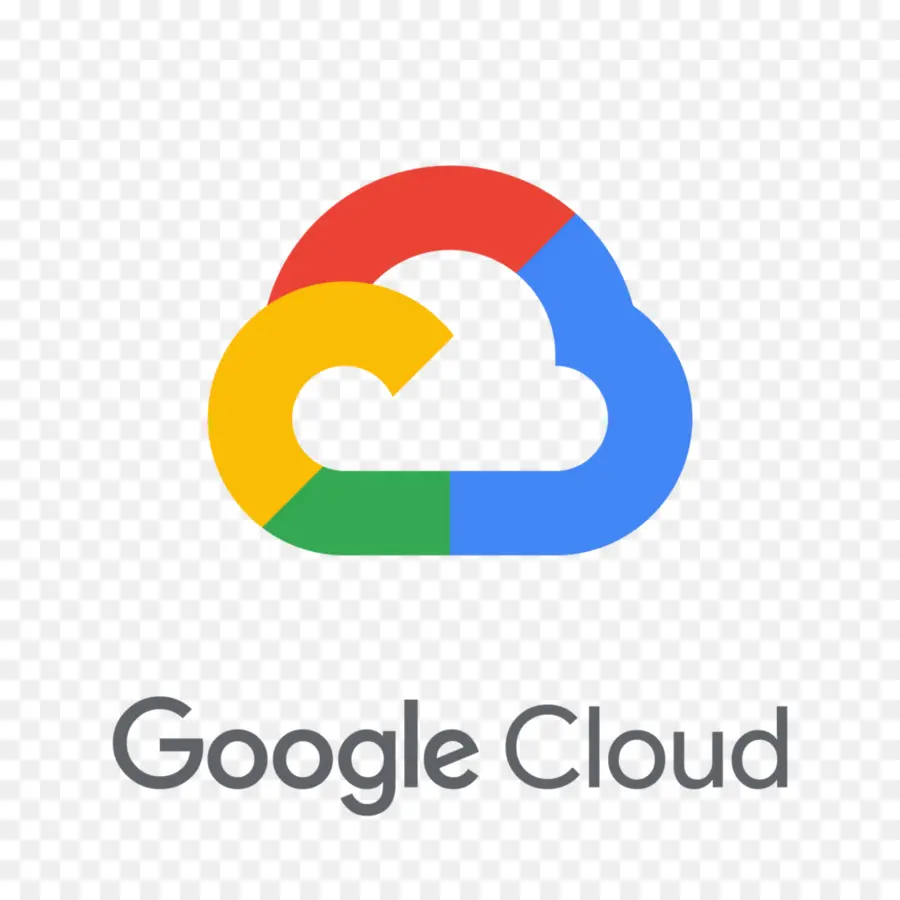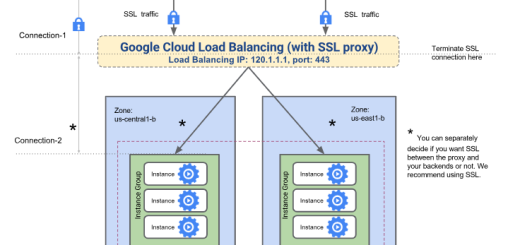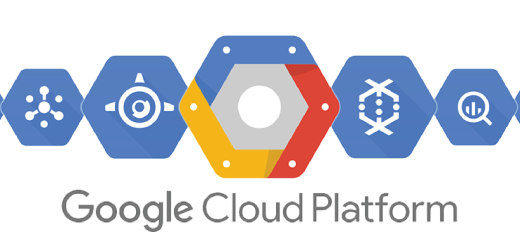Why Choose Google Cloud: Your Strategic Advantage in the Cloud
There are several big cloud providers, and choosing one can be overwhelming, with countless options vying for your attention. While industry giants like AWS, Microsoft Azure, and Google Cloud Platform (the “big 3”) dominate the market, lots of smaller, specialized providers also exist. So, when faced with this abundance of choice, why choose Google Cloud?
Top 3 Global Leaders:

Amazon Web Services (AWS): Leader in market share, best for enterprise companies, and a wide range of services.

Microsoft Azure: Strong in hybrid environments, developer tools, and enterprise integration.

Google Cloud Platform (GCP): Excellent for machine learning, data analytics, and containerization.
Other Major Players:
- Alibaba Cloud: Popular in China and Asia, strong in elastic computing and scalability.
- IBM Cloud: Emphasizes security and compliance, suitable for regulated industries.
- Oracle Cloud: Focuses on business-critical applications and database management.
- VMware Cloud: Expertise in multi-cloud management and hybrid cloud solutions.
- Salesforce: Leading cloud-based CRM and platform-as-a-service provider.
- DigitalOcean: Simple and affordable infrastructure for developers and startups.
- Rackspace Technology: Expert cloud management and consulting services.
Emerging & Specialized Providers:
- Linode: Affordable and user-friendly cloud hosting for developers.
- Heroku: Platform-as-a-service for building and deploying web applications.
- CloudFlare: Content delivery network and security solutions.
- Fastly: Edge computing platform for performance optimization.
- Databricks: Unified platform for data engineering and analytics.
- Snowflake: Cloud-based data warehouse for business intelligence.
- MongoDB Atlas: Cloud-based database service for MongoDB deployments.
- Twilio: Platform for building communication applications.
- SendGrid: Cloud-based email delivery service.
- Auth0: Identity and access management solution for applications.
Google Cloud is a cloud computing platform that offers scalable, high-performance, secure, innovative, cost-effective, and hybrid cloud solutions for businesses of all sizes. Its advanced technologies, such as machine learning and artificial intelligence, make it an excellent choice for companies looking to stay ahead of the curve.
So, Why Choose Google Cloud?
Choose Google Cloud for Scalability and Flexibility
Moving beyond infrastructure: Google Cloud offers a dynamic solution that scales with your business. What’s more, cloud computing eliminates the need for upfront investments in hardware and software, enabling businesses to operate with agility and efficiency. This means that businesses can quickly adapt to changing demands, and their IT infrastructure can scale up or down as required without significant capital investments.
Furthermore, Google Cloud’s infrastructure is designed to be highly available and reliable, with built-in redundancy and failover mechanisms, ensuring that business-critical applications are always up and running. By catering to diverse needs, Google Cloud empowers companies to choose the services that best suit their requirements, maximizing the value of their cloud investment. Built-in redundancy and failover mechanisms, powered by Google’s global network, ensure the high availability and reliability of your business-critical applications; Google Cloud’s infrastructure is designed to be highly available and reliable, with built-in redundancy and failover mechanisms, ensuring that business-critical applications are always up and running.
Cost-Effective
Beyond cost savings, Google Cloud offers a range of services tailored to specific business needs, making it a powerful tool for scaling IT infrastructure without significant capital expenditures on hardware and software. Additionally, its pay-as-you-go pricing model eliminates unused capacity costs, further optimizing operational expenses. Tools like Google BigQuery further enhances cost reduction, enabling up to 90% lower data processing costs while boosting speed and scalability.
Choose Google Cloud Security and Compliance
Google Cloud offers a highly secure and compliant infrastructure to protect businesses from cyber threats and data breaches. Google Cloud’s security model is based on a multi-layered approach, including physical, network, and data security.
Moreover, Google Cloud complies with industry standards and regulations, such as ISO 27001, SOC 2, and HIPAA. This means businesses can be confident that their data is stored and processed in a highly secure and compliant environment.
Finally, Google Cloud provides various security tools and services to help businesses protect their data and applications. For example, Google’s Cloud Security Command Center provides a unified view of security across an organization’s cloud resources, allowing businesses to identify and address security threats in real-time.
Global Infrastructure
Google Cloud provides a global infrastructure that spans over 200 countries and territories, with over 135 points of presence. This means businesses can access Google Cloud services anywhere in the world, with low latency and high performance.
Moreover, Google Cloud’s global infrastructure provides built-in redundancy and failover mechanisms, ensuring that business-critical applications are always available, even during a regional outage or disaster.
Finally, Google Cloud’s global infrastructure allows businesses to deploy their applications and services in multiple regions, allowing them to improve performance and reduce latency for their users worldwide.
AI and Machine Learning Capabilities
Google Cloud provides a range of AI and machine learning services to help businesses improve their operations and gain insights from their data. For example, Google’s Cloud AI Platform provides businesses with a range of tools and libraries that can be used to build, train, and deploy machine learning models at scale.
Moreover, Google Cloud’s AI and machine learning services are designed to be easy to use, with pre-built models and APIs that can be integrated into existing applications and workflows. This means businesses can start using AI and machine learning without significant investment in resources or expertise.
Finally, Google Cloud’s AI and machine learning services are designed to be highly scalable, allowing businesses to process large amounts of data and generate insights quickly and efficiently.
Collaborative Tools
Google Cloud provides various collaborative tools to help businesses improve their productivity and collaboration. For example, Google’s G Suite provides businesses with a range of tools that can be used to create and collaborate on documents, spreadsheets, and presentations in real-time.
Moreover, Google’s Cloud Identity and Access Management (IAM) service provides businesses a unified way to manage access to their cloud resources, allowing them to control who can access their data and applications.
Finally, Google Cloud’s collaborative tools are designed to be highly secure, with built-in encryption and access controls that ensure that only authorized users can access sensitive data.
Choose Google Cloud Reliability and Performance
Google Cloud provides a highly reliable and performant infrastructure designed to meet the needs of even the most demanding applications. Google Cloud’s infrastructure is built on a global network of data centers designed to provide low latency and high availability.
Moreover, Google Cloud’s infrastructure is designed to be highly scalable, allowing businesses to quickly and easily scale their IT resources as needed. This means that companies can handle increases in traffic or demand without worrying about capacity constraints.
Finally, Google Cloud’s infrastructure is designed to be highly resilient, with built-in redundancy and failover mechanisms that ensure that business-critical applications are always available.
Customer Support
Google Cloud provides a range of customer support options designed to meet the needs of different types of businesses. For example, Google Cloud provides 24/7 phone and email support and a range of online resources such as documentation, tutorials, and forums.
Moreover, Google Cloud provides professional services to help businesses optimize their IT infrastructure and use the latest technologies. These services include consulting, training, migration services, and support for hybrid cloud and multi-cloud environments.
Finally, Google Cloud has a global network of partners that can provide businesses with local support and expertise, ensuring they have access to the resources they need to succeed.
Choose Google Cloud for Cloud Security
Security is designed into the GCP technical architecture – note this is just a summary, not an exhaustive list.
| Layer | Security Measures include |
|
Operational Security |
Intrusion detection systems Techniques to reduce insider risk Employee U2F use [trust keys] |
|
Internet Comms | ” Google Front End Denial of Service protection” “built-in” ”Google Front End Denial of Service protection “built-in.” |
|
Storage Services |
Encryption at rest (default) |
|
User Identity |
Central IAM service with U2F support |
|
Service Deployment |
Encryption of interservice comms |
|
Hardware infrastructure |
HW design & provenance Secure boot stack (cryptographic signatures over BIOS / Bootloader / Base OS images) On-Prem physical security |
The GCP architecture
GCP introduces a managed service platform you can leverage as much or as little as needed. GCP offers IAAS, Hybrid, PaaS, Serverless and elastic managed services.

The Google Network
Why Choose Google Cloud? One of the significant advantages GCP has over other providers is the google network. Arguably the fibre network offers the best performance in the cloud. According to some publicly available estimates, Google’s network carries as much as 40% of the world’s internet traffic daily. Google’s network is the largest network of its kind on Earth. Google has invested billions of dollars over the years to build it.
When writing this blog, there were 18 regions, 55 zones and 134 network edge locations (POP).

Here are the current GCP availability zones

And here is the latest google network map

Conclusion
So, Why Choose Google Cloud? Google Cloud provides businesses various benefits, including scalability, flexibility, cost-effectiveness, security and compliance, global infrastructure, AI and machine learning capabilities, collaborative tools, reliability and performance, and customer support. By choosing Google Cloud, businesses can improve their operations, reduce costs, and gain a competitive edge in their market. Furthermore, with its global network of data centers, robust infrastructure, and range of services and tools, Google Cloud is the ideal choice for businesses using the latest cloud technologies.




Recent Comments